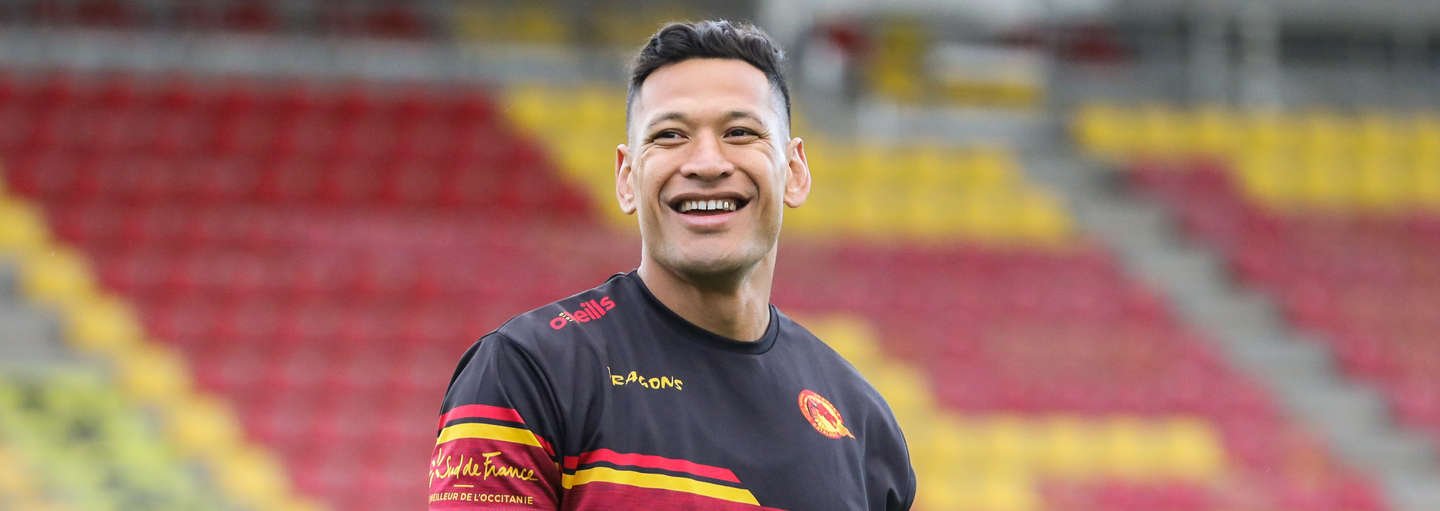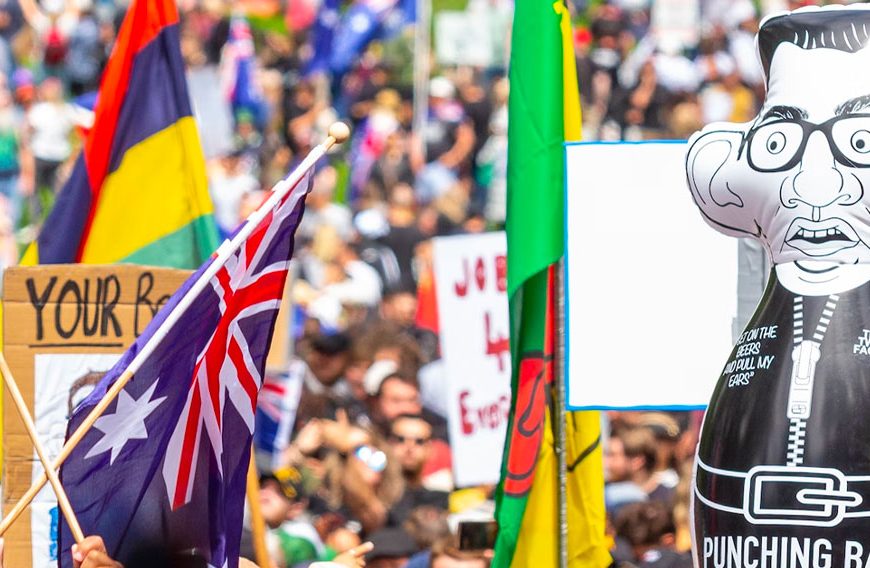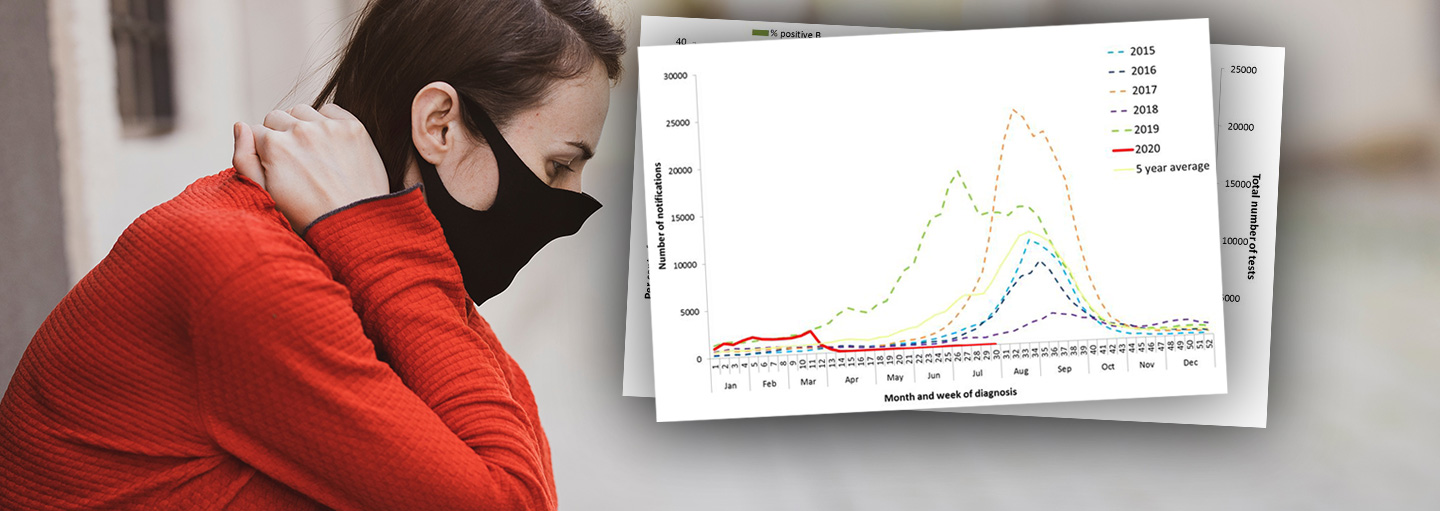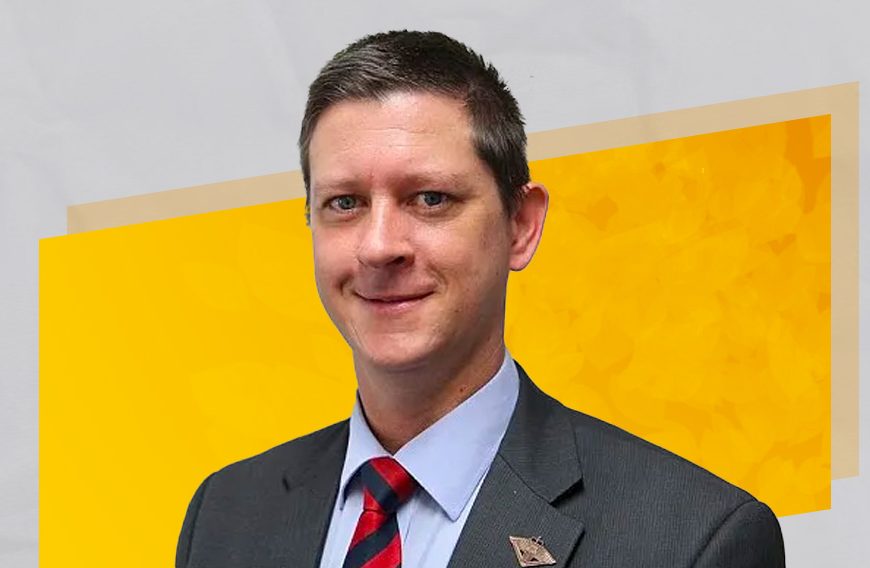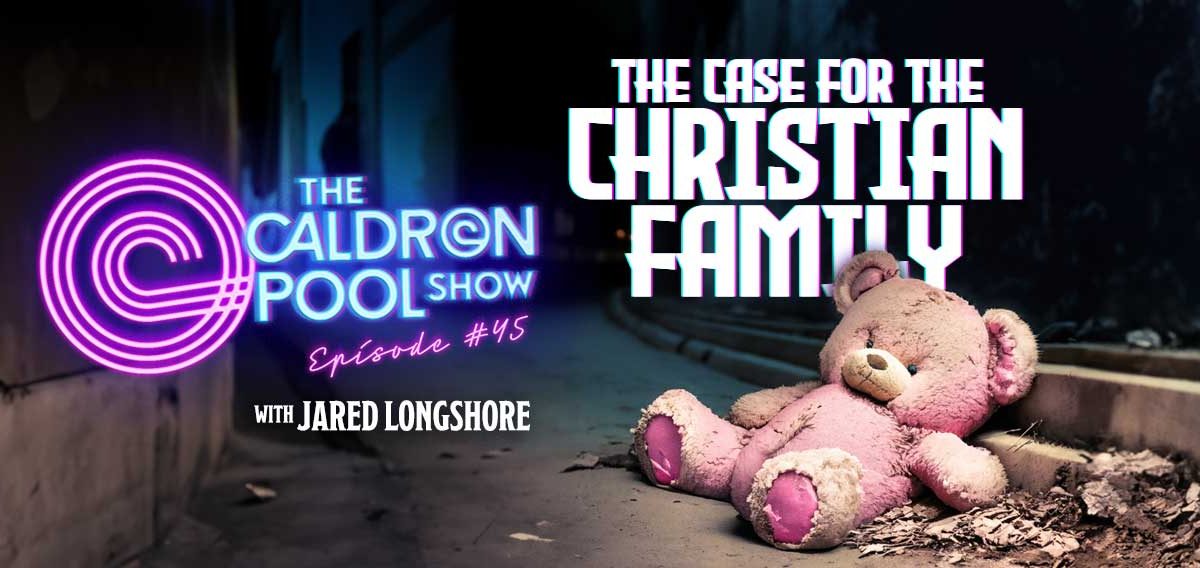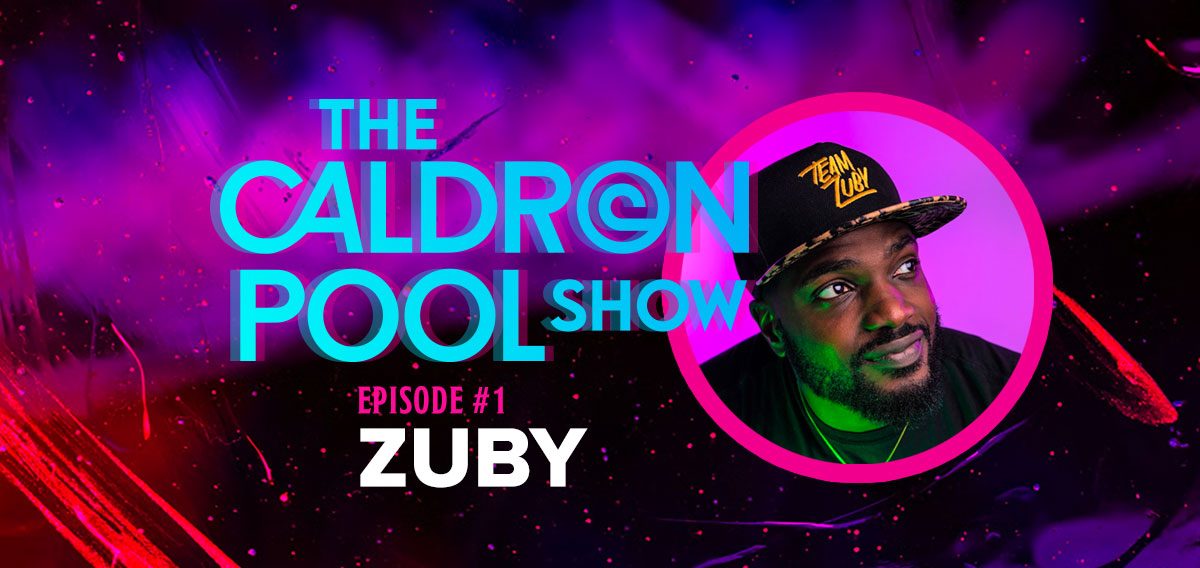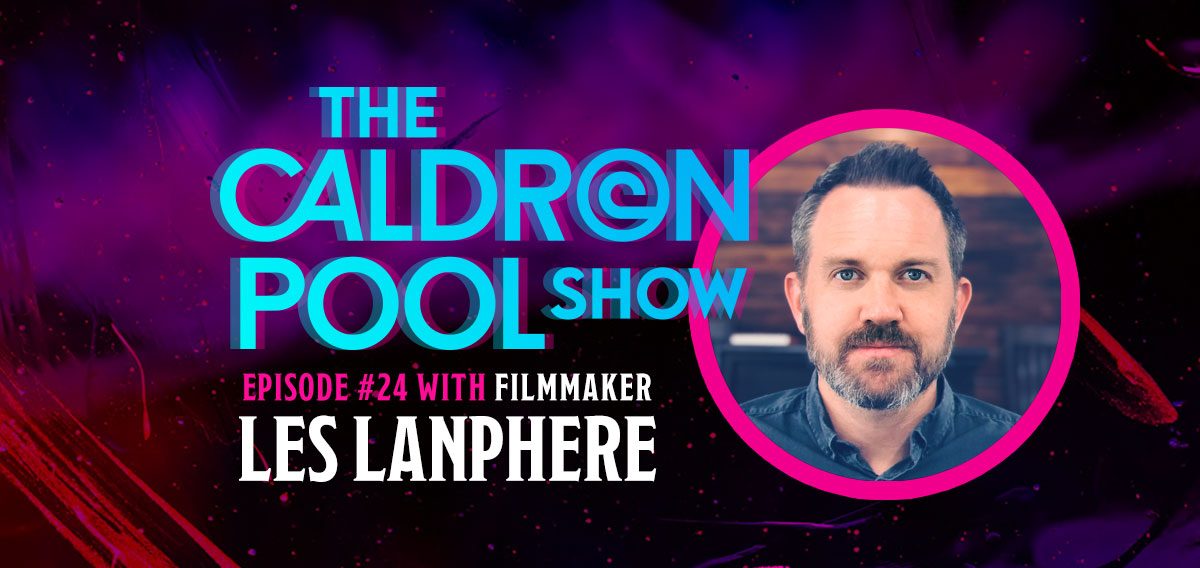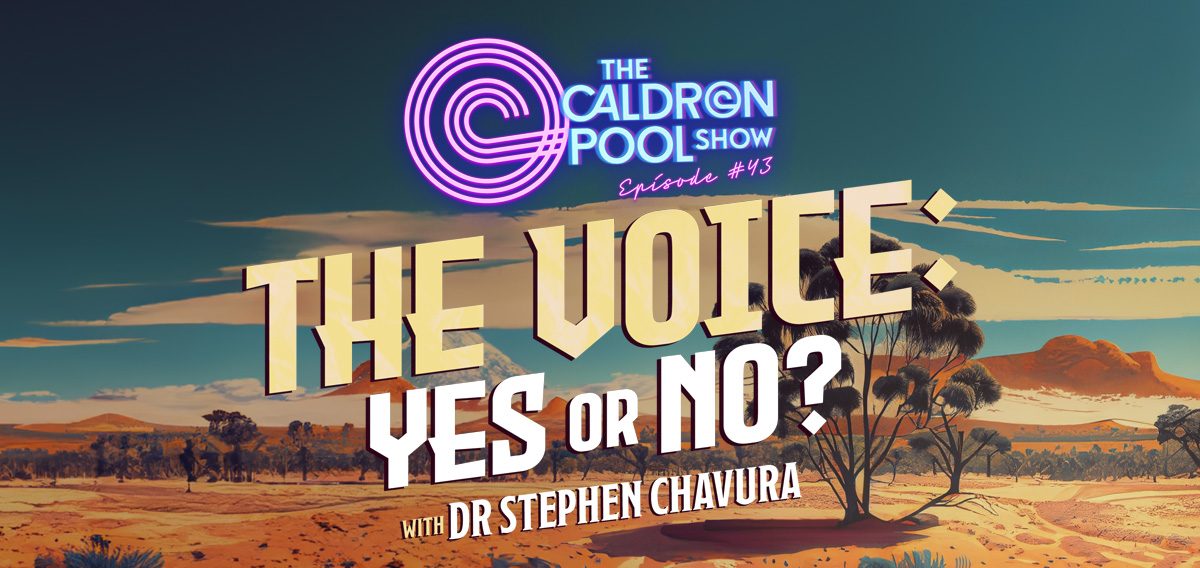The current debate over a very divisive referendum in Australia to change the Constitution on behalf of Aboriginals has focused on various aspects, including legal, political and social. A new volume of essays on the subject does all that – and more, also looking at religious implications. While most of the contributors are Christians, some Jewish and secular writers are also included.
The religious angle is important since so many religious voices – usually from the left – are seeking to convince us that this political change is desperately needed, and it is something Jesus would fully support. The writers here of course beg to differ.
I have written before about these proposals, warning about how it will further divide the nation, and not bring it together. In these articles, I also quote some key Indigenous leaders who are also opposed to it.
But this new book edited by Gabriel Moens and Augusto Zimmermann is well worth drawing your attention to. Instead of offering a proper review of it here, I will simply offer a number of brief quotes from some of the authors – especially those dealing specifically with religious concerns. It is hoped this will encourage some of you to go out and get a copy of this important work.
“Representatives of the ‘No’ campaign argue that the entrenchment of The Voice in the Constitution would repudiate a central tenet of classical liberalism – the idea that all people should be treated equally. Opponents of the Voice also argue that in locking in an institutionalised Indigenous Voice body, Australia will be embracing governing arrangements that violate the principle of equal treatment of all citizens.” (Moens and Zimmermann, p. 18)
“The Voice is likely to become a preserve of the urban elites, with little connection to the real problems within aboriginal communities. . . . Laws and finances will not usher in the millennium. The universal recognition given to Aboriginal peoples in 1967, a plethora of anti-discrimination laws, welfare to the tune of hundreds of millions of dollars – none of these measures have transformed Aboriginal life. There is nothing that quite rivals taxpayer-funded and bureaucratic-administered dysfunction. Not all that promises goodness, delight and wisdom delivers – as Eve found out (Gen. 3:6).” (Rev Dr Peter Barnes, p. 28)
“Australia’s Aboriginal people are already well represented in parliament by eleven Indigenous parliamentarians. Considering that Australia’s Indigenous population is estimated to constitute 3.2 percent of the total population, this group is over-represented in parliament. It is also the only racial group that has its own federal minister, and every state and territory has a Ministry for Indigenous Affairs.” (Gabriel Moens, p. 32)
“The ruling classes in this country have a vested interest in fomenting a divisive racialist agenda that seriously undermines political equality. Their primary goal is not social amelioration of the Aboriginal condition but rather to gain a once-in-a-lifetime opportunity to substantially alter the Constitution in order to fulfil their own political ambitions. As Senator Jacinta Nampijinpa Price put it, this is about dividing Australia along racial lines by entrenching indigenous separatism and constitutionally enshrining ‘the idea that Aboriginal people are perpetual victims forever in the need of special measures’.” (Augusto Zimmermann, pp. 58-59)
“Christians have a message of reconciliation which has the power to achieve what TUSH [The Uluru Statement from the Heart] and The Voice never could. The person and work of Christ Jesus is the means to tear down the dividing wall of hostility not only vertically between us and God, but also horizontally between those from every tribe and nation (See Eph. 2). However, voting in favour of ‘The Voice’ introduces a political solution when the problem is fundamentally spiritual. Christians should not only resist counterfeit political solutions but – in keeping with our nation’s strong evangelical heritage – continue to humbly proclaim the Gospel of reconciliation to people from every nation, tribe and tongue (Matt. 28:19-20)” (Mark Powell, p. 88)
“For the ordinary Australian voter anxious for a unifying outcome the Voice debate is a disruption in the pursuit of reconciliation. It is an unnecessary obstacle to the betterment of relations between Indigenous and non-Indigenous Australians. A peacemaker paradigm wrestles with a true aspiration. Do we pursue those things which unite all Australians as we reflect the context that we are still a young nation? Or do we risk a racially divided future?” (Neil Johnson, p. 91)
“Aboriginal people are recognised everywhere, and Indigenous people and other Australians are treated equally. 2023 is not 1901. So, why would we go backwards? Why would we move to a situation where we are once again segregating Indigenous Australians and making them something other than Australians? Why would we create a whole sub-group of Australians and mark them out as something different to the rest of us? The promoters of The Voice to Parliament clearly articulate that segregation is precisely what they are after.” (Thomas Eglinton, p. 109)
“The Bible teaches that every person who has ever lived can trace their ancestry back to Adam and Eve. We all share a family resemblance because of this. Even physically, all humans share significant common features. This is built-in to creation. . . . Racism is unbiblical because race (as defined above) is a man-made construct. People are never treated as more or less valuable in the Bible based on their physical appearance and their ancestry. This is why Christians should strongly reject this proposal to divide our nation based on ancestry and appearance.” (Thomas Eglinton, pp. 112-113)
“Many Aboriginals believe that people have a spirit, and each spirit comes from the land into every baby born there. After death, their spirit returns to the land (believed to be a living entity, called ‘Country’). Many Aboriginals believe they are therefore spiritually tied to ‘Country’. These beliefs undergird commonly performed smoking rituals and ‘Welcome to Country’ liturgies to communicate with the spirits of ancestors that the visitor is a friend and to let them travel without harm or interference, as well as to ward off evil spirits. As a practicing Christian who clearly understands the spiritual meaning and significance of such rituals, I politely excuse myself from them, not wanting to even be possibly confused as a willing participant – just like The Greens do for the Lord’s Prayer.” (Dave Pellowe, pp. 121-122)
“This is yet another example of bishops preferring politics as opposed to the pastoral concern for their flock. The Voice will actually undermine (for reasons I explain below) the fundamental Christian principle of the inherent dignity of each person, as exemplified in the principle of equality before the law.” (Rocco Loiacono, p. 128)
“As John Paul II stated all those years ago, present injustices are not removed by resentment. The dangers of new injustices he spoke of are real in terms of the Voice. It may well not end up being the just and proper settlement that he called for. The Catholic Bishops of Australia would do well to heed his prophetic words.” (Rocco Loiacono, p. 133)
“Aboriginal spirituality, with its nature deities, is at direct variance with the monotheistic religious tradition embodied in the Judeo-Christian tradition, which acknowledges a transcendent Creator. The patent question is why the children of parents who subscribe to monotheistic faiths should be exposed to a culture of nature worship at the same time as monotheistic faith and teaching is purged from public education. Why is a spirituality which, in the sights of Judeo-Christian or Abrahamic tradition, is idolatrous and pagan – though the adherents are to be fully respected as human beings – made the default spirituality of what has been a monotheistic society?” (Rabbi Dr Shimon Cowen, p. 141)
“Christianity, the shared religion of the majority of Australians, indigenous or not, has provided important principles to the way in which Western nations have evolved. The Voice would, if accepted, undermine essential features of Western cultural civilisation, deepen racial divisions in Australia, and endow persons with a particular ‘racial identity’ with special rights and privileges not accorded to the vast majority of Australians.” (John Fleming, pp. 157-158)
“The Bible provides a deep theology of dispossession. It teaches us that God owns all the land, everywhere. ‘The earth is the Lord’s and the fullness thereof, the world and those who dwell within’ (Psalm 24:1). This is the first pillar of this theology. No people on earth, whether pagan or Christian, homeowner or national sovereign, should view their land as anything more than a stewardship.” (Matthew Littlefield, p. 168)
“The potential costs here alone, in terms of undercutting democratic decision-making, are very large indeed. Meanwhile, the benefits are, well, pretty hard to put your finger on once you leave the realm of nebulous symbolism. So good old-fashioned wariness of this untested and, indeed, of this largely unspecified as to its details, proposal suggest to me that voting ‘No’ is the wise course of action. The procedurally unfair – verging on the outright gamed – way in which this referendum is being conducted only reinforces that conclusion. It’s bad morally, politically, and legally.” (James Allan, p. 200)
“One could be forgiven for thinking that the only Christian response to the Voice to Parliament is Yes, if we went by the pronouncements of prominent churchmen and theologians. But I think these prominent churchmen and theologians are misguided on this issue. It is my conviction that when all things are considered, Christians should vote No to this divisive constitutional change.” (Dr Stephen Chavura, from the back cover)
This book is available from Connor Court Publishing.






